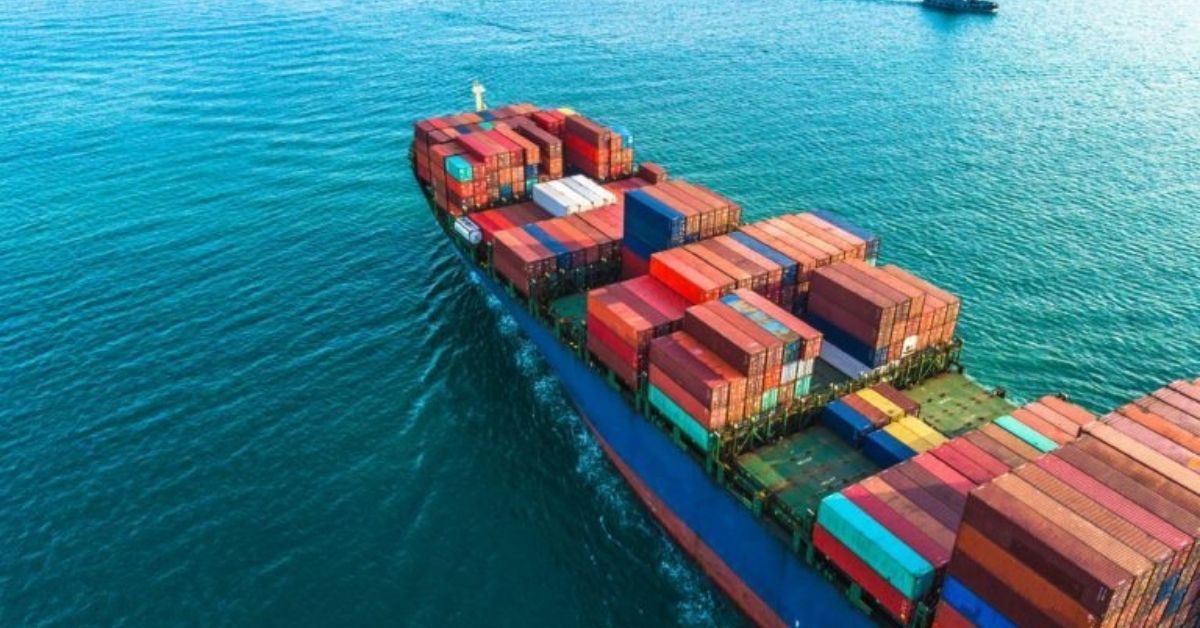Source: Business Standard
“We will revamp the legal framework to enable faster growth of our shipping industry to become globally competitive,” the party said in its manifesto.
While no specific legal or policy changes have been mentioned in the document, according to experts, changes in the Merchant Shipping Act could be one of the key areas of focus to enable faster growth of India-flagged ships.
India currently has an old Merchant Shipping Act, which has outlived its need, a sector analyst said. An amendment to the Act was tabled in the Parliament, which was subsequently referred to the parliamentary standing committee.
“I understand it (the poll commitment) as the government committing to put the merchant shipping amendment forth,” Samir Kanabar, partner at EY India, told Business Standard.
The draft Merchant Shipping (Amendment) Bill, 2022, which seeks to amend the Merchant Shipping Act, 1958, has provisions to decriminalise or provide leniency for some offences. It proposes to do away with imprisonment for multiple offences and allows non-resident Indian and Overseas Citizens of India to own Indian ships.
According to Kanabar, current cabotage laws, which refer to the right to operate ships in coastal waters, have restrictions for foreign-owned vessels. The shipping ministry had reportedly floated a proposal to do away with cabotage laws in 2023.
India mandates vessels operating out of its territory to fly the Indian flag, while countries like Singapore and the Netherlands allow for ‘flag of convenience’ provisions.
Expanding waterways
The ruling party, over the past 10 years, has aimed to increase the share of inland waterways in national logistics.
“We will integrate inter-ministry initiatives like the National Waterway Project, Namami Gange, the National River Conservation Plan, Jal Marg Vikas Project and Arth Ganga, among others, to double the share of Inland Water Transport in transportation,” reads the BJP document. Some of the Centre’s national waterway projects have been criticised over environmental concerns, while the industry at large is still testing the waters on the feasibility of movement of goods through rivers.
According to the NITI Aayog, the share of inland waterways in national logistics is 2 per cent, and the Centre aims to increase it to to 5-6 per cent.
Analysts believe that building a homegrown shipping industry is also in the national interest as escalated geopolitical tensions, such as the latest attacks by Iran on Israel, can have the potential to disrupt supply chains and adversely impact Indian trade.







